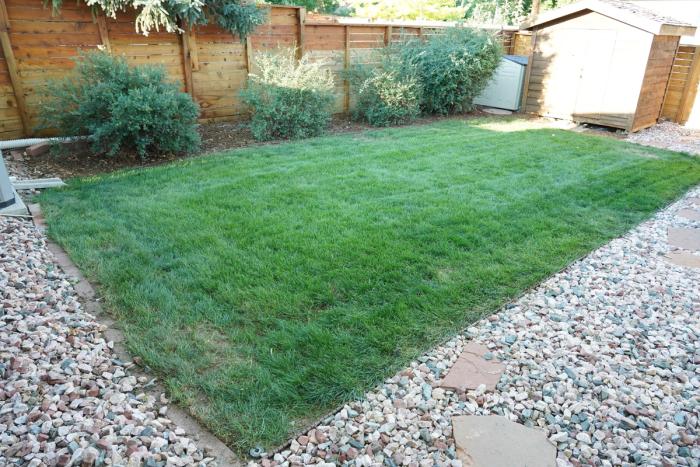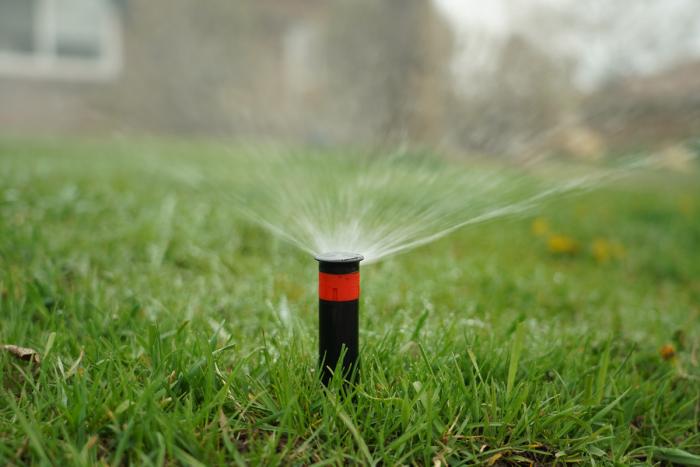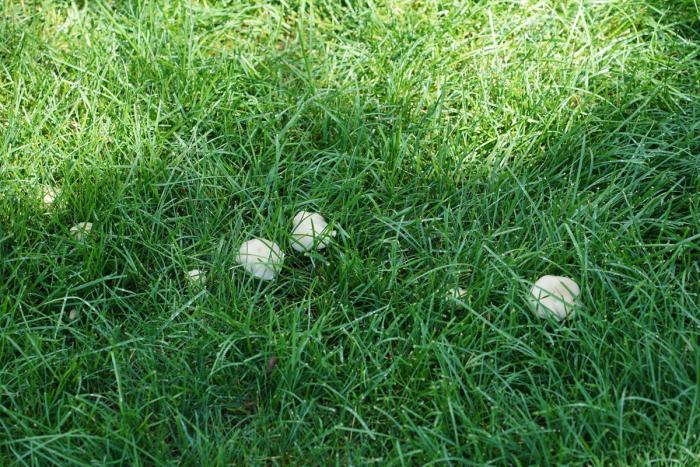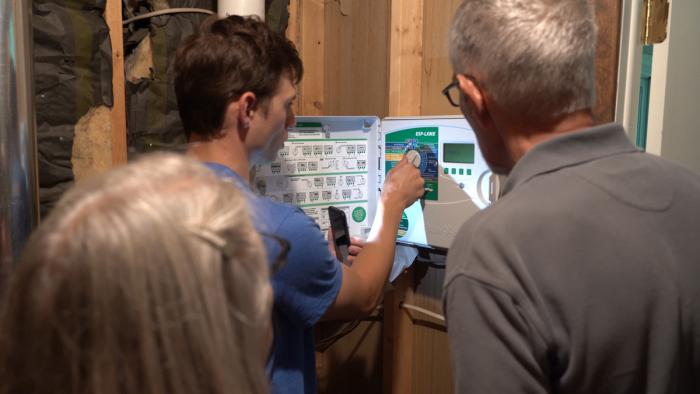Understanding the 'zone run time' — don’t just set it, forget it
This story is part of Denver Water’s TAP series in partnership with the Associated Landscape Contractors of Colorado on water-wise landscaping practices. Subscribe to TAP to make sure you catch the rest of the series.
How long should I water my grass? How many days a week should I water?
These are common questions, and helping customers figure out how to keep their landscapes healthy — and use water wisely — is why Denver Water recommends following its annual summer watering rules.
The rules include no watering during the day between 10 a.m. and 6 p.m. and watering no more than three days per week.
Denver Water also provides recommendations on sprinkler zone run times during various months of the watering season.
Tired of your yard? Swap your turf for these water-wise beauties.
The rules and run times are based on industry standards for Kentucky bluegrass. They also promote wise water use and help improve the health of your grass.
“Outdoor water use accounts for roughly half of a homeowner’s annual water use, so making small changes to improve your water efficiency can make a big difference in your water bill and help improve the health of your lawn,” said Austin Krcmarik, water demand and efficiency planner at Denver Water.
Lyle Fair, a landscape expert with the Associated Landscape Contractors of Colorado, said it’s important to use the recommended zone run times as guidelines.
Homeowners may not need the full amount of watering time on each zone because different parts of their yards need different amounts of water, he said.
It’s also important to remember the zone run times were developed with the assumption that the sprinkler system has been maintained properly and set up correctly.
“Many homeowners overwater their yard, and that can actually do more harm than good,” Fair said.
“Watering times should be based on soil type, rainfall, amount of sun, temperature, wind and other factors — such as the amount of shade in the zone and how that section of the yard is angled to the sun. Think of each sprinkler zone as watering a unique environment."
Fair said the month of the year also affects the amount of water needed, as plants need less water in cooler spring and fall months compared to the hotter months in the middle of the summer.
“You shouldn’t just set your irrigation clock in the spring and forget about it during the summer,” he said.
Take the screwdriver test to see if you yard needs water.
Fair recommended checking your soil to understand the sand, silt and clay content, which impacts how water moves through the soil after a rainstorm or watering. Colorado State University Extension provides analysis of soil samples for a small fee.
Sandier soils allow water to flow through them faster, while it takes longer for water to move through soil that has a higher clay content. These factors affect how frequently and how long sprinklers should run.
Fair also suggests experimenting with zone run times to reach the optimal level and avoid any run-off.
“If you are running your zones for 18 minutes three times a week and it looks fine, try reducing the run times by a few minutes and see what happens,” Fair said. “Chances are your grass will do just fine with the lesser amount.”
As for the number of watering days per week, yards with a properly set up irrigation system can often stay healthy with just two days of watering per week. A third day can be added under extremely hot and dry conditions found in July and August.
This approach of giving your lawn and plants only the water that is needed will reduce your water bill and help promote strong root development.
“We like to see grass ‘chase’ the water and grow roots deep into the ground instead of having shallow roots, so it’s OK to let the grass feel some pain to get some long-term gain,” Fair said.
Sign up to get more water-wise tips with the free, weekly TAP email.
A simple test to see if your yard is getting too much or not enough water is to push a long screwdriver into the ground.
If it goes in easily and comes out moist, you’re overwatering. If the screwdriver is hard to push in and comes out dry, you could add more water.
If a yard has mushrooms growing in it, that’s another sign you are overwatering.
Overwatering, especially in clay soils, causes problems for grass because the soil needs to absorb the water very slowly or it swells up and causes runoff.
“Clay soils act like sponges. They absorb water, but once they are saturated, they can’t take on any more. So any extra water that’s applied will simply run off and go down the drain, and that’s not good for your grass or your wallet,” Fair said.
Overwatering also leads to shallow root development because grass roots need time to dry out. This is so the grass can exchange oxygen and carbon dioxide to grow. When plants grow deep roots, they are better equipped to tap into deeper water sources.
“Too much water can suffocate the roots,” Fair said. “By overwatering, you’re teaching the grass to be lazy, with a shallow root system that doesn’t have to work deeper to chase that water,” he said.
Where to find help
Denver Water has a variety of information about lawn maintenance and CSU Extension also provides great information on its website for lawn and gardening tips on irrigation system controllers and general lawn maintenance.
Setting the correct run times for a sprinkler control system is one of the most important things homeowners can do to have a healthy yard. But “dialing it in” to the correct times can be complicated. Fair recommends hiring a landscape professional to come out if you don’t want to research it yourself.
“The upfront costs of having someone come out and inspect your yard and irrigation system will quickly pay for itself in water savings and provide long-term benefits,” Fair said.
The Associated Landscape Contractors of Colorado is the premier professional organization for Colorado’s landscape companies. ALCC promotes the responsible use of water and other natural resources, and provides educational and industry certification opportunities to Colorado’s landscape professionals. ALCC’s Sustainable Landscape Management and Community initiative promotes sustainable maintenance practices that reduce water use and loss of plant life.
For more information on ALCC or to find a landscape professional, go to www.alcc.com or call 303-757-5611.





